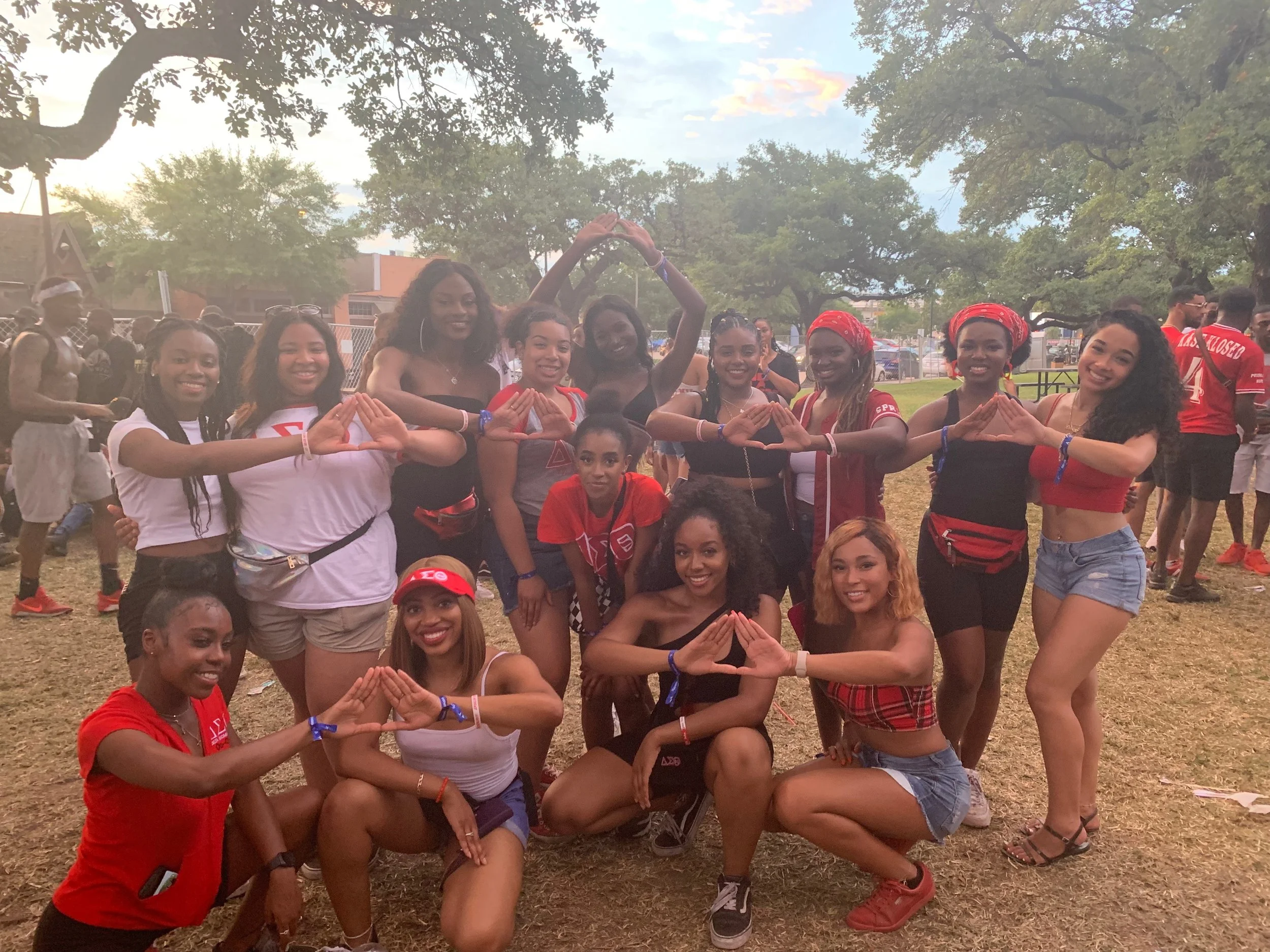The Power of the Pen
As an undergraduate journalism student at The University of Texas, my focus was on race and social issues. During my adolescence years, I was partly reared by my grandparents, who were avid news viewers. I understood early the type of influence journalists serve in our society. This kind of influence affects the type of rhetoric our society uses on paper and as well as in our daily dialogue. I observed how my grandparents hung onto every word of the news broadcasters and how it impacted the community in which I grew up in. I also noticed that the journalists had a profound impact on where resources were allocated, areas of crime, what became the news, but most importantly a trusted source within my city.
In 2005, Hurricane Katrina, a category 5 hurricane made landfall in New Orleans, Louisiana. New Orleans and the surrounding towns, cities, and states that was affected by the storm were mainly black and working class residents. I am focusing on the aspect of the black and working class residents because of the marginalization of those groups. Those were the two groups who were showcased all over the news when reporters was reporting on the storm’s aftermath. It could be argued that people should have just evacuated when natural disasters such as a hurricane is predicted to affect a certain area, but evacuating is a privilege. As easy as it may seem to be able to pack a few belongings and leave, a person’s socio-economic status can alter those desires.
In 2012, Hurricane Sandy, a category 3 hurricane made landfall in the Eastern and Mid-Atlantic states of the United States. Majority of the people who was affected was showcased on the news as non-people of color and of a different socio-economic class than the Katrina victims.
Even though those two storms were different and occurred in two different regions of the country, it was evident that these two hurricanes and the people affected was reported on differently. I noticed how the reporters and news outlets referred to the citizens of New Orleans as refugees. The term refugee holds negative connotations which diminishes the character of the person who had to evacuate due to a natural disaster. The term refugee should not be used in context when United States’ reporters are reporting on a U.S. natural disasters on U.S. soil. A refugee is the term used for someone fleeing their own country from any type of horrendous disaster occurring. None of the Katrina victims relocated to another country from evacuating or being rescued, they were relocated in another city or state in the United States. Not only was the Louisiana residents referred to as refugees, but the news media used criminalizing terms to describe the behaviors of the victims of Katrina. Instead the Katrina evacuees became victims of politics.
As New Orleans was left without power, some of the residents who stayed behind for various reasons looted stores that was damaged by the storm and stole food, water and any additional items needed to survive during Katrina’s aftermath. Some people may argue that stealing is stealing and some people may argue that it was simply a case of survival of the fittest. Some residents were stealing televisions, but that could be argued that they probably needed it in an area where they could watch the news and get more information for help. To complicate matters, reporters referred to the Katrina victim’s behavior as raiding and loitering. After Hurricane Sandy made landfall and passed over the land, the reporters did not use the same terminology when reporting on the Hurricane Sandy victim’s behavior. Hurricane Sandy’s victims took food, water, and additional items needed to survive during Sandy’s aftermath just like the Katrina victims. However, the reporters used words that described the victims’ behavior as merely surviving.
Although I am not condoning the stealing, I strongly believe both groups of people should have been reported on in the same manner. That type of reporting is very dangerous because the reporters were referring to a group of people as if they were second class citizens in our country and the other group as survivors. The general public will become influenced by those reports because those reports was reinforcing social and racial biases amongst the different class structures in our society. Those reports came from multiple entities and not just one. Those actions reminded me of conflict theory. Conflict theory reflects the influences and distribution of power and the direction and magnitude of social change.
Analyzing this theory reveals how the people who were in a lower class of the social structure actions are tied to crime. Even though people in the upper echelon actions were the same, it was not tied to crime. Their actions was attributed to surviving, persisting, and enduring their situation. That kind of rhetoric and reporting just furthers those stereotypes that working class individuals and black people are more open to commit a crime regardless of the situation they are in. Although that is not true, this example and theory highlights how people of a higher socioeconomically class can commit the same crimes and still be portrayed as innocent and vigilant.
Overall, when we as journalists, writers, and scholars take on the role in providing content that will influence more than just ourselves, it is mandatory that we understand how certain rhetoric can reinforce so many different biases on marginalized groups of people. Regardless if the intent was present or not, harm can be accomplished as well as fairness.



